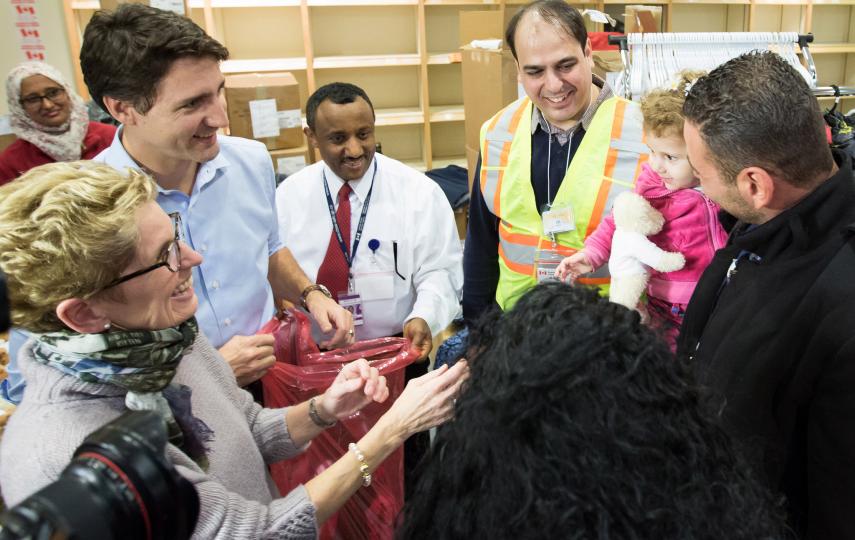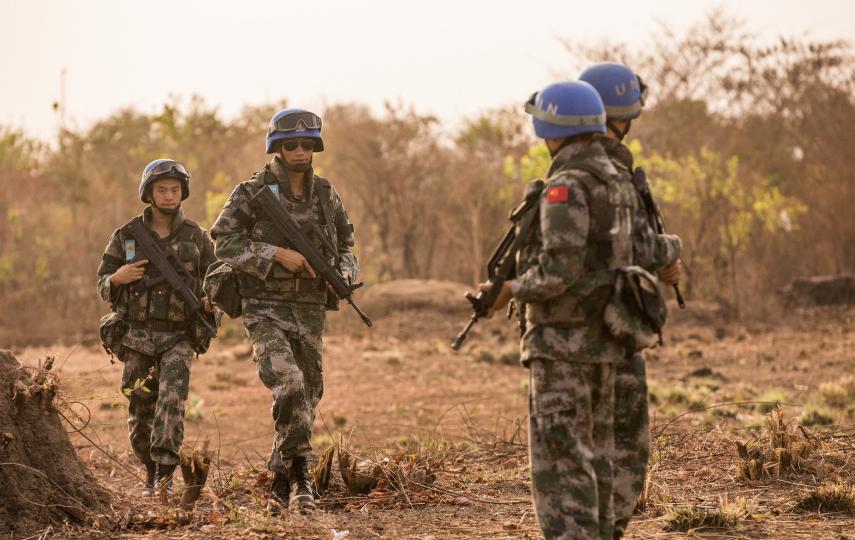Climate change is emerging as a major threat to health and adding pressure on public health systems, especially in Africa, a senior UN official has said.
"It causes a rise in sea levels, accelerates erosion of coastal zones, increases the intensity and frequency of natural disasters and accelerates the extinction of species," Luis Gomes Sambo, World Health Organization (WHO) regional director for Africa, said. "The impact on human health is even greater."
Climate change, he added, is thought to directly contribute to changes in the geographic distribution of vector-borne diseases such as malaria and epidemics of meningococcal meningitis, Rift Valley fever and cholera in previously unaffected areas.
"For example, the geographic distribution of meningococcal meningitis appears to be expanding from the usual meningitis belt to the southern African region," Sambo said on 7 April during the commemoration of World Health Day in Brazzaville, capital of the Republic of Congo.
"Waterborne diseases and epidemics of acute diarrhoea are rampant in flood situations," he added. The continent has seen extensive flooding across eastern, western and southern regions.
He said WHO would give priority support to African countries to develop the capacity to assess and manage the adverse health impact of climate change.
In terms of health capacity, Africa faces a crisis. For example, it has 14 percent of the world population and 25 percent of the global disease burden - yet it has only 1.3 percent of global health workers.
While 2.5 health workers per 10,000 inhabitants are needed to achieve the Millennium Development Goals, the health worker/population ratio in Africa is 0.8 per 10,000. Out of 57 countries experiencing critical shortages of health workers, 36 are in Africa.
Meanwhile, UN Secretary-General Ban Ki-moon warned that climate change jeopardises the quality and availability of water and food, which are the fundamental determinants of nutrition and health.
In a message marking World Health Day, Ban noted that malnutrition and climate-related infectious diseases will take their heaviest toll on the most vulnerable – small children, the elderly and the infirm.
Women living in poverty also faced particular risk when natural disasters and other global warming-related dangers strike. "Climate change is real, it is accelerating and it threatens all of us," he said.
lmm/aw/eo/mw
This article was produced by IRIN News while it was part of the United Nations Office for the Coordination of Humanitarian Affairs. Please send queries on copyright or liability to the UN. For more information: https://shop.un.org/rights-permissions
![A traditional wooden boat floats on the Congo River in the DRC [DRC] A traditional wooden boat floates on the Congo River of the Democratic Republic of the Congo (DRC), May 2006. UN officials say that the death toll in the troubled country is among the worst in the world, and that fighting in the east could challenge](https://assets.thenewhumanitarian.org/s3fs-public/images/20066191.jpg)




